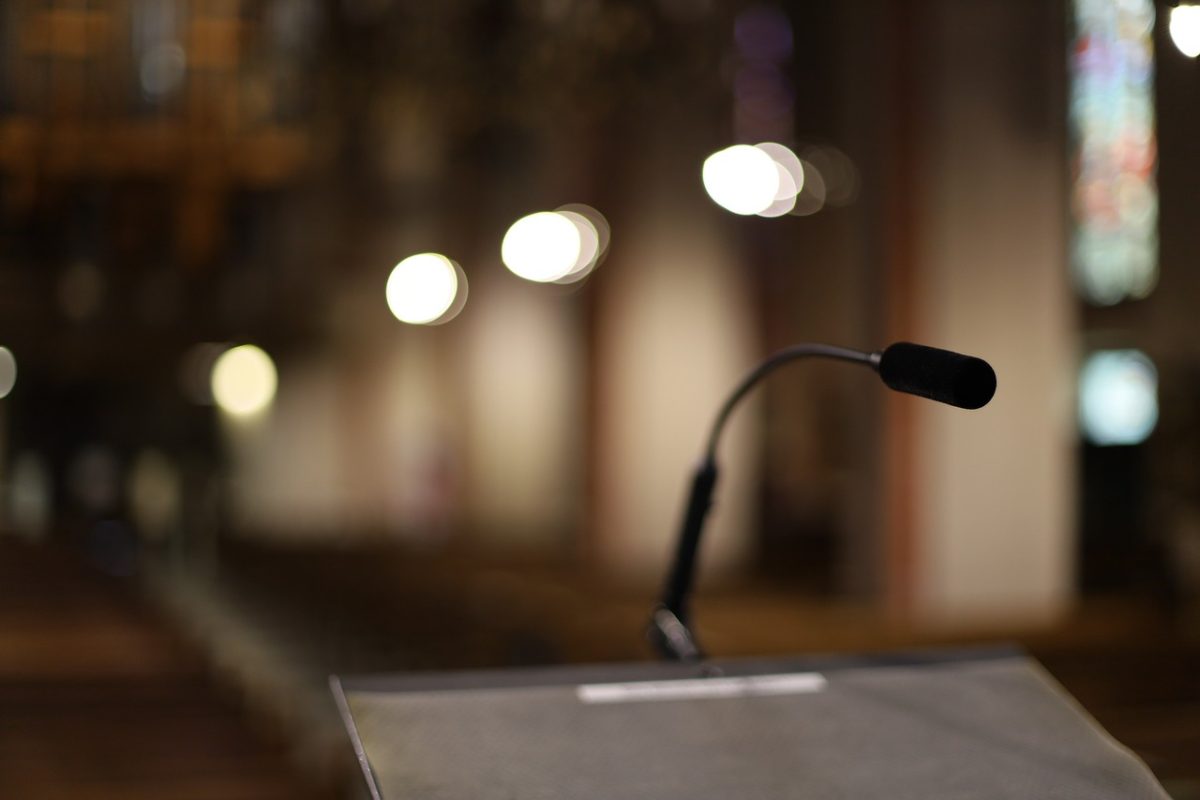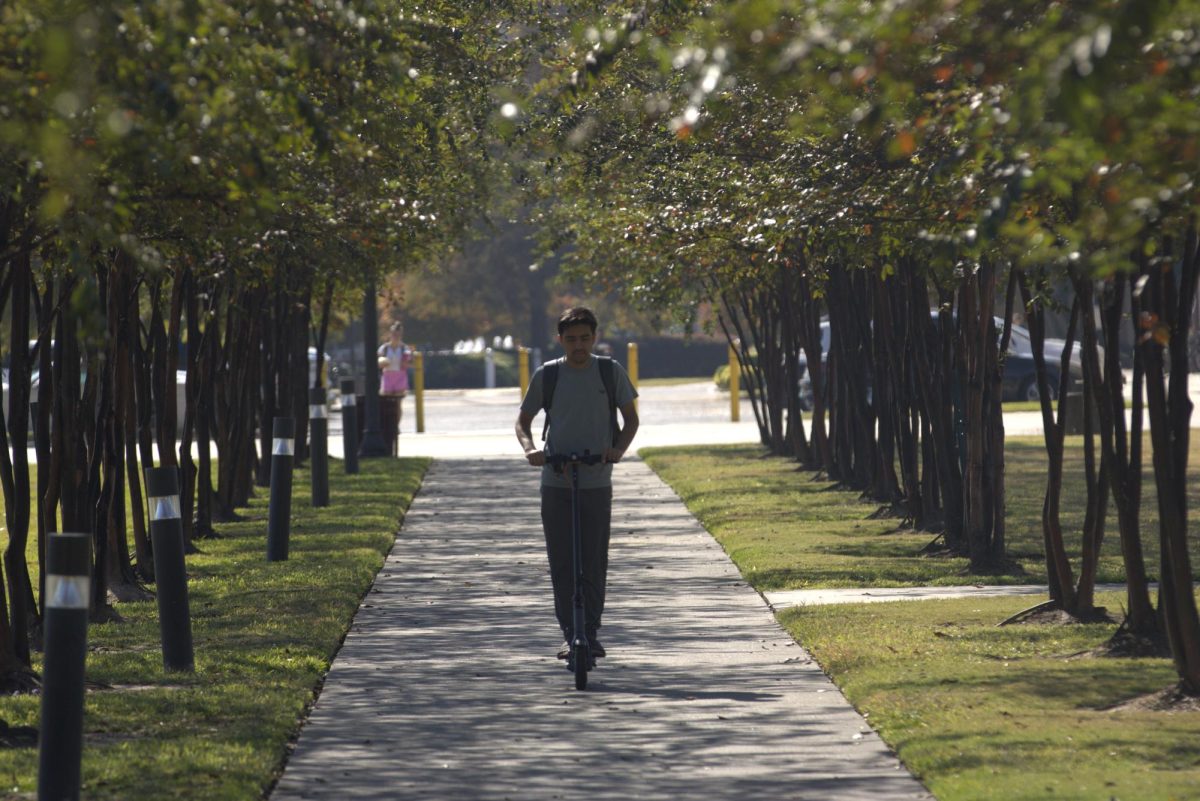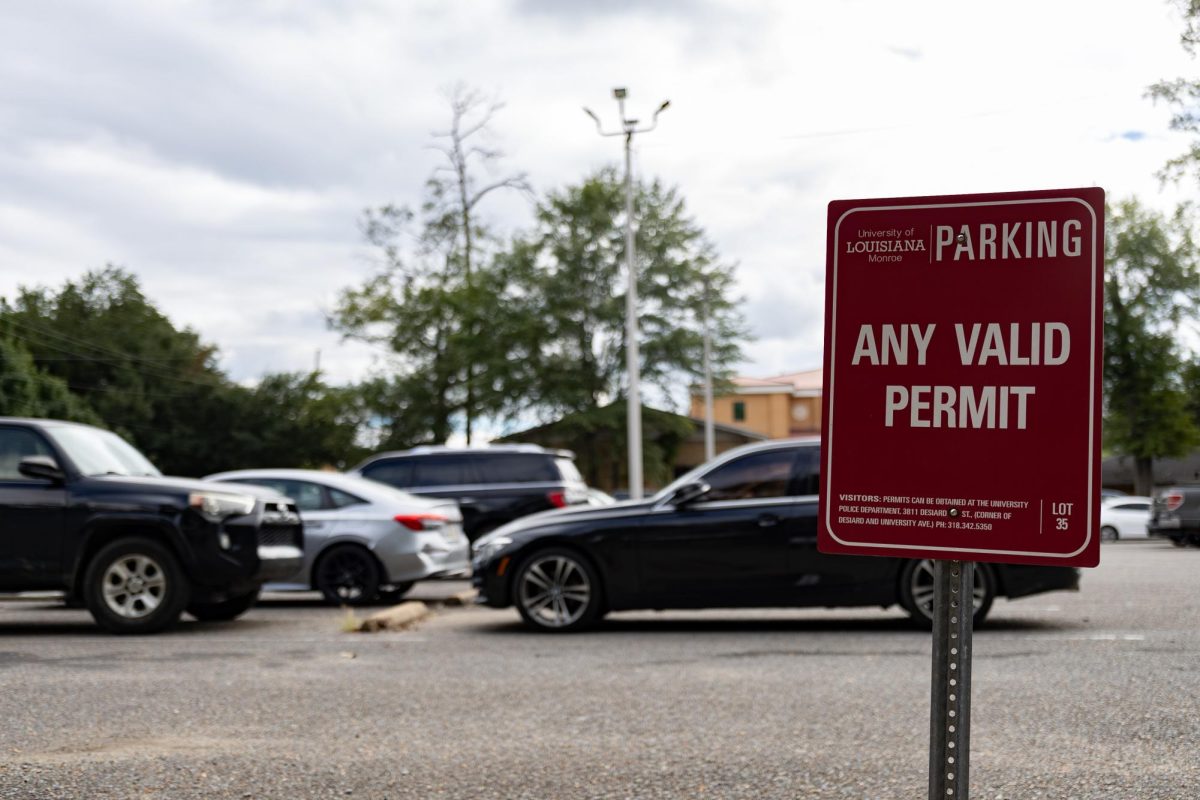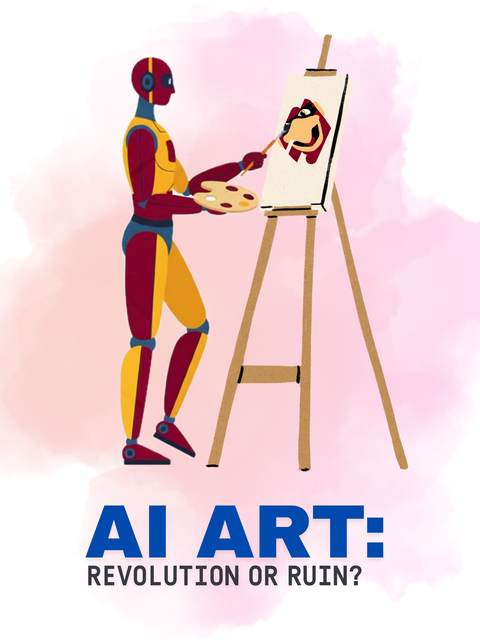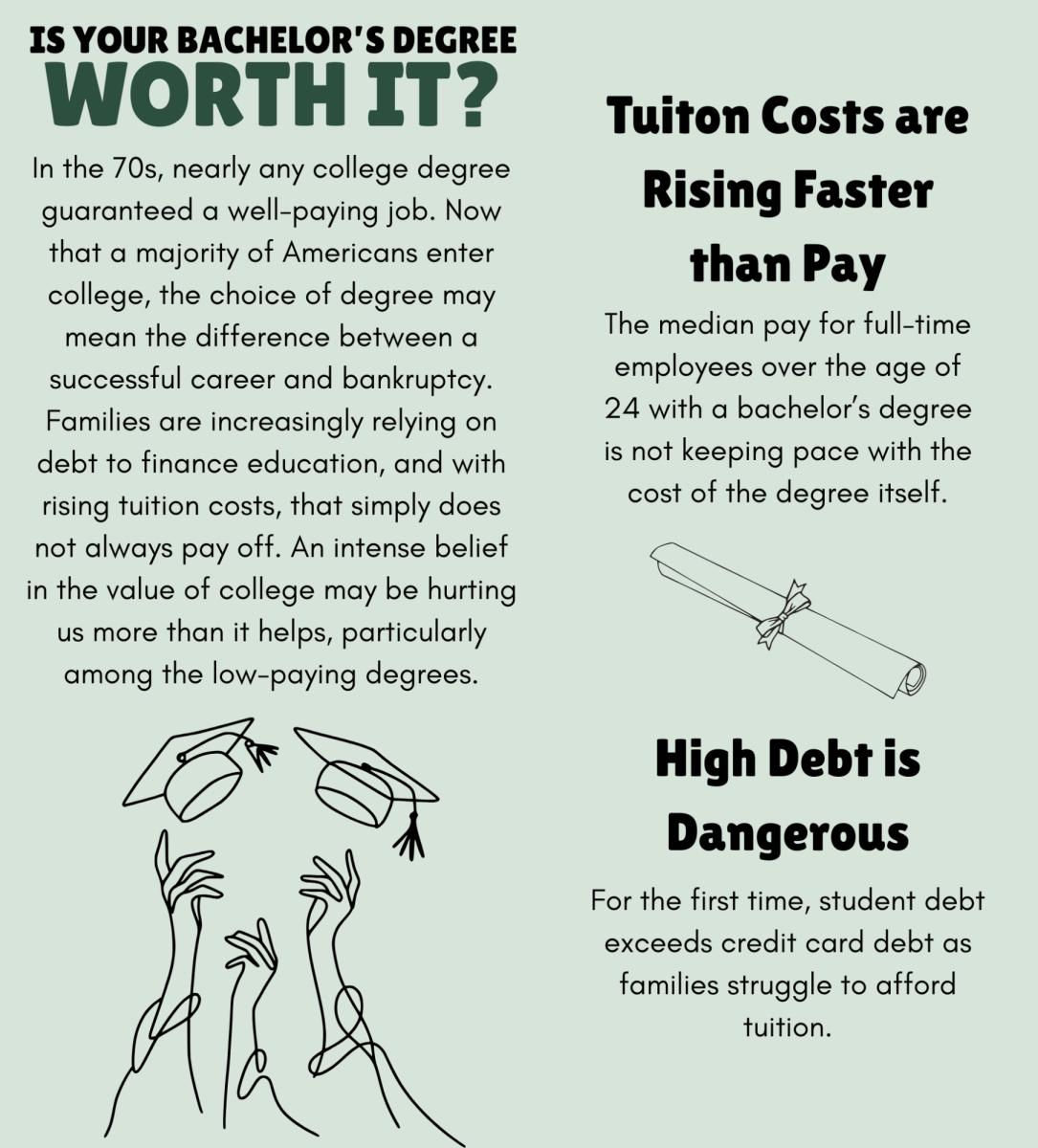Friday night’s debate among the top seven contenders for the spot as the 57th governor of Louisiana separated and categorized the candidates before we cast our ballots on Oct. 14.
The statewide broadcast featured the first debate appearance by frontrunner and current attorney general Jeff Landry. Landry joined four fellow Republican candidates — state Sen. Sharon Hewitt, state Rep. Richard Nelson, Treasurer John Schroeder and Stephen Waguespack — along with Democratic candidate Shawn Wilson and Independent Hunter Lundy.
Each candidate faired differently through the night, with some solidifying their run late in the election season, while others virtually put their campaign to bed.
I’ll look through some of the seven names on the ballot to show where they went right or wrong and their odds in the rapidly approaching election.
Jeff Landry (R)
Landry holds the Trump endorsement, which is all but a guarantee in the blood-red Deep South.
Bearing the golden ticket, Landry faced more scrutiny from fellow GOP candidates than he did against Wilson and Lundy.
Most notably, Landry and Schroeder spent time debating over the claims made in Schroeder’s ad campaign attacking Landry, who he claimed was persuaded by financial donations during his time as the attorney general.
When Schroeder was asked to explain the message behind his ad campaign and to name specifics, he fell apart. During his allotted time to speak, he deflected as Landry confronted him.
Landry addressed the state’s strict abortion restrictions and said he’d be open to discussing some exceptions when necessary.
It came as no surprise that the former police officer and soldier said in his closing statement that crime is one of his first concerns to address if he wins.
I expect Landry to keep his pace in the polling over the next month. It’s his election to lose at this point.
Shawn Wilson (D)
The former secretary for the Department of Transportation and Development held a target on his back as he walked on the stage. In a state that has some of the worst-maintained roads in the nation, bearing the mark of the DOTD seemed like something that would ruin his chances.
While he’s nowhere near the polling numbers that Landry is pulling in, Wilson didn’t harm his campaign.
He said he did as much as he could during his time with the DOTD to improve the state’s infrastructure, but due to the way things were set up it was a challenge to ever get the money to make changes.
He cited 25 years of bipartisan efforts in various positions of government. Even as he was hounded by Republican opposition for the state of Louisiana’s highways, he received some support from Waguespack.
Wilson might be the only major pro-choice candidate. He described himself as pro-life personally before elaborating that does not qualify him to put himself between a citizen and a doctor.
He was critical of Landry’s actions following the changes to Louisiana’s abortion laws, and he said that Landry overstepped his boundaries to prosecute doctors performing abortions and women leaving the state to get abortions.
If you’re a fan of the current governor’s politics but despise some of his decisions — namely the handling of the Ronald Greene case — Wilson showed he’s not counting himself out as a candidate yet.
Richard Nelson (R)
The 37-year-old state representative presented himself as a breath of fresh air. He’s the youngest candidate in the debate, 12 years younger than Landry, and he was a surprise favorite of mine.
He showed his focus was on bringing jobs to the state to make it more appealing to call home.
Nelson was the lone candidate to address the “Brain Drain,” which if you don’t know, is the trend of recent college graduates to leave Louisiana for any number of reasons.
Nelson might reach an audience that his gray-haired contemporaries overlook, but he could be too inexperienced to win the check mark from experienced voters.
Stephen Waguespack (R)
Wags wasted no time burning bridges in the debate. He targeted Wilson, Landry and others during his opening statement.
He said he doesn’t want votes from people who are happy with how Louisiana has been, calling it a “corrupt system.”
He said he’s also deeply concerned with the state of the infrastructure across the state and wants this to be one of the first areas to centralize spending to quickly address areas of need.
He’s par for the course as a Republican on policing, abortion and crime.
Wags’ upside is that he appears to be big on accountability and is a strong fiscal conservative. His downside to many new-era conservatives might be that he appears to be a Jindal-Era politician in mint condition.


